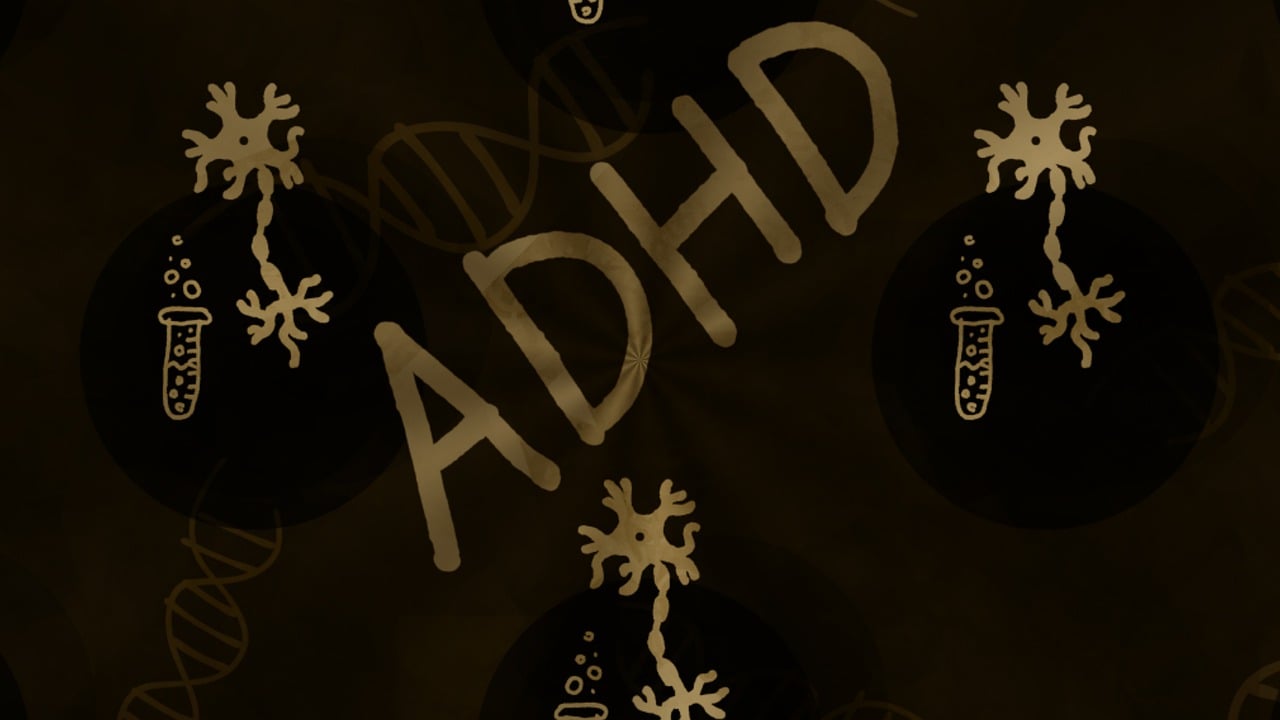Introduction:
One of the most common neurodevelopmental diseases affecting children is ADHD. First seen during childhood, it frequently persists into maturity. Children with ADHD may struggle to focus, manage impulsive conduct (behaving without considering the consequences), or exhibit excessive activity.
Indications and Expressions
Children usually experience problems with their attention span and occasionally with their conduct. On the other hand, children with ADHD do not just lose these inclinations. The symptoms may be persistent and may become worse, making it difficult to go to school, stay at home, or hang out with friends.
A Juvenile with ADHD Might
- Dreams come to pass frequently.
- Frequently lose or forget things; excessively fidget or shiver; speak too much; make thoughtless errors or take needless risks.
- Struggle to share the burden when you’re having trouble getting along with other people and to avoid temptation.
Different Forms of ADHD
There are three distinct ways that ADHD may present itself, depending on which specific symptom group the individual is most afflicted by:
- Presentation: Mostly Inattentive: The person finds it difficult to stay organized, complete tasks, focus on specifics, or follow directions. The individual becomes easily sidetracked or loses focus on the details of everyday tasks.
- Style of Presentation: Generally speaking Hyperactive-Impulsive: This type of person is always pacing and chatting. It might be challenging to remain still for extended periods, such as when studying or eating. Little ones could always leap, run, or climb. The person exhibits restlessness and impulsivity. Impulsive people frequently make inappropriate comments, cut other people off, and steal from them. The person finds it difficult to follow instructions or wait their turn. Some people may be more prone to injuries and mishaps due to their impulsivity. The patient exhibits a mix of symptoms from the first two categories in equal measure.
- The patient’s presentation may fluctuate over time due to the fluid nature of the symptoms.
Reasons for ADHD
To improve treatment of the condition and lower the chance that someone may get it, researchers are examining the cause(s) and risk factors of ADHD. Even while the exact origin or causes and risk factors of ADHD are still unclear, recent research has demonstrated a substantial hereditary component. Recent research links ADHD to hereditary causes.
In addition to genetics, researchers are looking into several potential causes and risk factors, like:
- Trauma to the head
- Early prenatal use of alcohol and tobacco use; tiny birth weight.
- childhood or pregnancy exposure to lead-containing environmental hazards.
The theory that social and environmental variables, such as impoverished or dysfunctional households, high sugar consumption, binge television viewing, or parenting, are the cause of ADHD is debunked by research. Of course, for certain people, in particular, these and other factors may exacerbate symptoms.
Assessment
To diagnose ADHD in children, a multi-step process is required. A single test cannot accurately diagnose ADHD since its symptoms can be mistaken for those of several other conditions, including anxiety, sadness, difficulty sleeping, and certain learning difficulties.
An assessment by a medical professional that involves vision and hearing tests is one stage in the procedure that helps rule out other issues with symptoms, including ADHD. When diagnosing ADHD, a history of the kid’s interactions with parents, teachers, and even the child themselves may be used in addition to a checklist to assess symptoms.
Therapies
The best method for managing ADHD is typically a mix of medication and behavior therapy. Before contemplating medication, behavior therapy, especially parent education, is advised as the initial course of treatment for preschool-aged children (4-5 years old) diagnosed with ADHD. What works better for one family and child may not work for another. Effective treatment plans will involve ongoing evaluations, check-ins, and any necessary adjustments made along the way.
Managing Symptoms: Sustaining Health and Wellness
- Adopting a diet that is well-balanced and rich in healthy grains, fruits, vegetables, and lean protein sources.
- Getting the recommended amount of sleep each night for one’s age; Regularly exercising; Minimizing the amount of time spent each day in front of screens on phones, computers, TVs, and other gadgets.
- You can take your kid to a specialist, such as a developmental pediatrician, child psychologist, or child psychiatrist if you or your doctor are concerned about ADHD. Alternatively, you can get in touch with your local public school (for kids three and above) or the early intervention agency (for kids under three).
Adults suffering from ADHD
Adult ADHD instances that go undiagnosed might happen. Problems at work, in relationships, or at home may result from the symptoms. As a person ages, their symptoms may change. For example, severe restlessness might indicate hyperactivity. As the demands of maturity increase, the symptoms may worsen.
Conclusion:
TalktoAngel is a good option if your child has ADHD and you’re seeking for the “Best Psychologist In India.” TalktoAngel’s psychologists are certified and well-trained to help customers with ADHD. They support a child’s general growth as well as their future.
